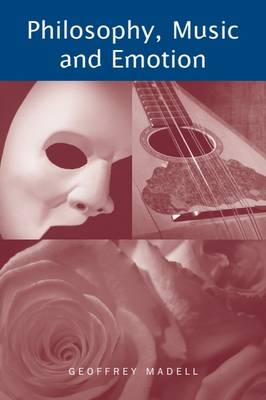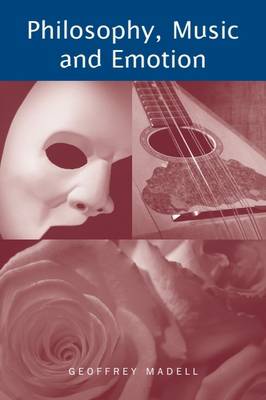
Bedankt voor het vertrouwen het afgelopen jaar! Om jou te bedanken bieden we GRATIS verzending (in België) aan op alles gedurende de hele maand januari.
- Afhalen na 1 uur in een winkel met voorraad
- In januari gratis thuislevering in België
- Ruim aanbod met 7 miljoen producten
Bedankt voor het vertrouwen het afgelopen jaar! Om jou te bedanken bieden we GRATIS verzending (in België) aan op alles gedurende de hele maand januari.
- Afhalen na 1 uur in een winkel met voorraad
- In januari gratis thuislevering in België
- Ruim aanbod met 7 miljoen producten
Zoeken
Philosophy, Music and Emotion
Geoffrey (Honorary Faculty Fellow in the Department of Philosoph
Hardcover
€ 185,45
+ 370 punten
Omschrijving
Philosophy, Music and Emotion explores two issues which have been intensively debated in contemporary philosophy: the nature of music's power to express emotion, and the nature of emotion itself. It shows how closely the two topics are related and provides a radically new account of what it means to say that music 'expresses emotion'.
Specificaties
Betrokkenen
- Auteur(s):
- Uitgeverij:
Inhoud
- Aantal bladzijden:
- 162
Eigenschappen
- Productcode (EAN):
- 9780748616121
- Verschijningsdatum:
- 15/04/2002
- Uitvoering:
- Hardcover
- Afmetingen:
- 245 mm x 166 mm
- Gewicht:
- 408 g

Alleen bij Standaard Boekhandel
+ 370 punten op je klantenkaart van Standaard Boekhandel
Beoordelingen
We publiceren alleen reviews die voldoen aan de voorwaarden voor reviews. Bekijk onze voorwaarden voor reviews.









